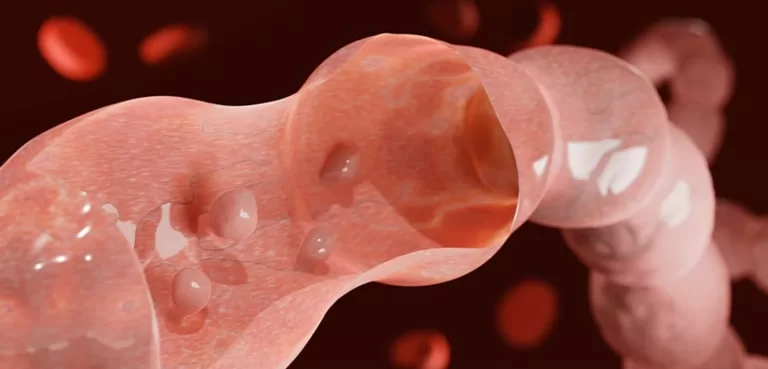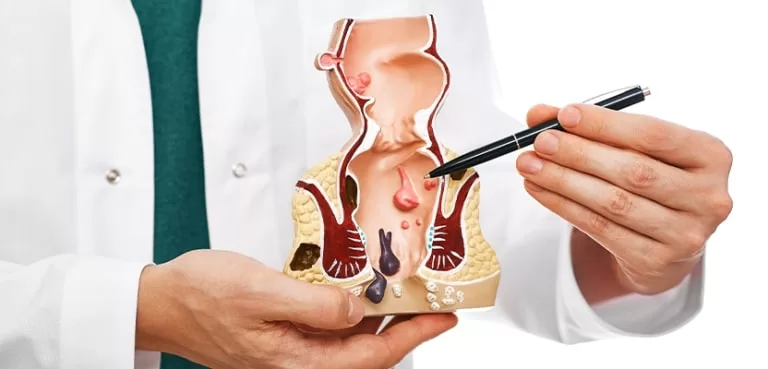+90 533 813 89 77
info@bookingforhealth.com
What is Rectal Cancer Disease?
Rectal cancer is a type of cancer that occurs in the rectum, which is the last several inches of the large intestine, just before the anus. Like colon cancer, rectal cancer starts as a polyp, a small growth on the lining of the rectum, and if not treated, can grow and spread to nearby organs.
Symptoms of rectal cancer may include rectal bleeding, a change in bowel habits such as constipation or diarrhea, abdominal pain, and weight loss. As with colon cancer, the risk factors for rectal cancer include age, family history of the disease, a personal history of polyps, and certain inherited genetic conditions.
The treatment for rectal cancer may include surgery, radiation therapy, and chemotherapy. Surgery is the most common treatment for rectal cancer, and the type of surgery will depend on the stage and location of cancer. The procedure used commonly is called a “low anterior resection” or “abdominoperineal resection”. These procedures are used to remove the part of the rectum that contains cancer. Radiation therapy and chemotherapy may also be used before or after surgery to shrink the tumor or kill any remaining cancer cells.

What are the Symptoms of Rectal Cancer?
Symptoms of rectal cancer can vary depending on the size and location of the tumor, but several symptoms are commonly seen. Rectal bleeding and intestinal problems such as pain, diarrhea, constipation, abdominal pain, a feeling of fullness or pressure in the rectum, stools that are thinner than normal, fatigue, weakness, and unexpected weight loss are among these symptoms.
It is important to note that these symptoms can also be caused by other conditions and not necessarily by cancer. If you experience any of these symptoms, it’s important to talk to your healthcare provider to determine the cause and receive appropriate treatment.
It’s also worth mentioning that rectal cancer, as well as colon cancer, often starts without symptoms, and that’s why it’s so important to undergo screenings starting at the recommended age, or earlier if there’s a family history or other risk factors.

How is the Treatment Process for Rectal Cancer?
The treatment process for rectal cancer typically involves a series of steps and is tailored specifically to the patient.
Surgery is the most common treatment for rectal cancer, and the type of surgery will depend on the stage and location of cancer. Surgery options include low anterior resection, which involves removing the cancerous portion of the rectum and the surrounding lymph nodes, and reconnecting the remaining healthy portion of the rectum to the anus, or Abdominoperineal resection which involves moving the entire rectum, anus and, surrounding lymph nodes, and creating a permanent colostomy.
- Diagnosis: This typically involves a physical exam, a colonoscopy, and imaging tests such as a CT scan, MRI, or PET scan to determine the stage and location of cancer.
- Treatment Planning: After the diagnosis, a team of specialists, including surgeons, radiation oncologists, and medical oncologists, will work together to develop a treatment plan that is specific to the patient’s needs. This will take into account the stage and location of cancer, as well as the patient’s overall health.
- Radiation Therapy and Chemotherapy: Radiation therapy and chemotherapy may be used before or after surgery to shrink the tumor or kill any remaining cancer cells. This is usually done with the guidance of a Radiation Oncologist, who will administer a series of radiation sessiosessionslly 5 days a week for 5-6 weeks. Chemotherapy may be recommended before, after, or during radiation therapy to help increase the likelihood of a cure or prevent relapse.
How is the Recovery Process of Rectal Cancer Treatment?
The recovery process after rectal cancer treatment varies depending on the type of treatment received. If a patient has undergone surgery, they will likely need to stay in the hospital for several days to recover. After they are discharged, they will need to avoid strenuous activity for several weeks and may need to follow a special diet as they heal.
If a patient has received radiation therapy and/or chemotherapy, they may experience side effects such as fatigue, nausea, and diarrhea. These side effects are usually temporary and can be managed with medication.
Overall, the recovery process can take several weeks to several months, and patients may need to attend follow-up appointments with their doctor to monitor their progress and address any complications. Additionally, some patients may require physical therapy or other rehabilitation services to help regain strength and mobility in the area of the body that was treated.